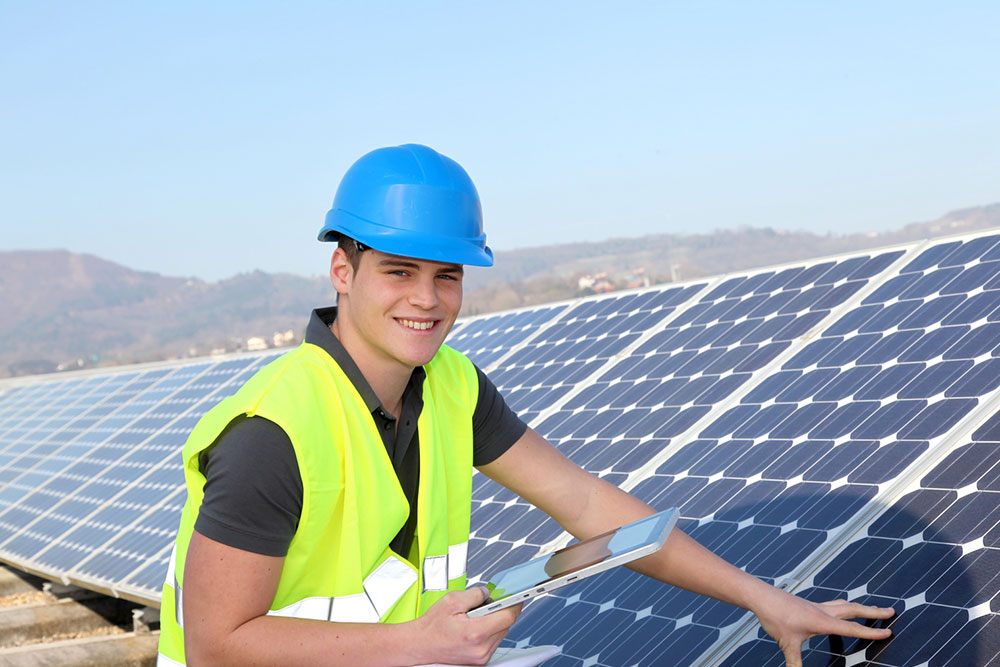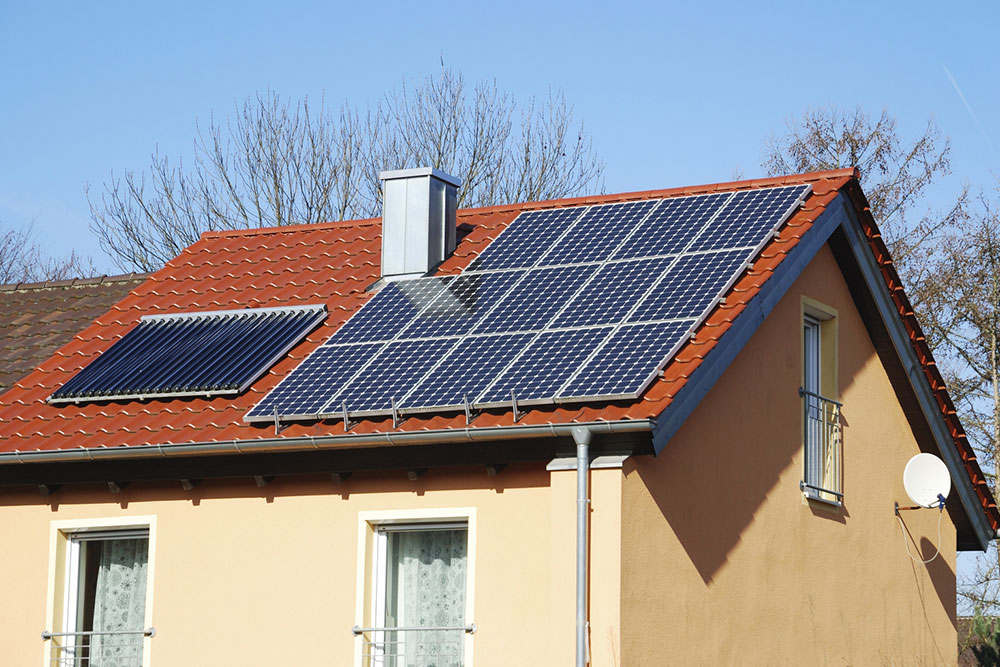Cost Analysis of Solar Panel Setup in Germany
Explore the comprehensive costs associated with installing solar panels in Germany, including initial expenses, government incentives, ongoing maintenance, and long-term savings. Learn how to maximize benefits, reduce costs, and contribute to sustainability in this detailed guide.

Germany leads Europe's renewable energy efforts, with a thriving solar market demonstrating its dedication to sustainable power. As interest in solar energy grows among homeowners and businesses, the investment costs become a key consideration. This article covers the expenses involved in installing solar panels in Germany, including factors affecting pricing, government incentives, and long-term financial benefits.
Understanding the Expenses of Installing Solar Panels
Initial Investment
The upfront costs for solar panel installation in Germany depend on system size, panel type, and installation complexity.
On average, residential systems cost between €1,200 and €1,800 per kilowatt-peak (kWp). For an average household system of 5 kWp, total initial costs range from €6,000 to €9,000.
Breakdown of Startup Costs
Solar Panels: Vital components that vary in price based on efficiency and quality.
Inverter: Converts generated DC power into AC and typically costs €800 to €1,200 for a 5 kWp system.
Mounting Structures: Their cost depends on material choice and installation complexity.
Installation: Professional setup costs range from €1,000 to €2,000.
Permits and Inspection Fees: Local regulatory fees amount to about €300 to €500.
Ongoing Expenses
Maintenance: Minimal, averaging €100 to €200 annually for cleaning and inspections.
Inverter Replacement: Needed every 10-15 years, costing €800 to €1,200.
Government Benefits and Incentives
Germany provides attractive financial support to reduce installation costs.
Feed-in Tariffs (EEG): Fixed payments for electricity fed into the grid, around €0.07 to €0.10 per kWh.
KfW Loans: Low-interest loans covering up to 100% of the installation costs, facilitated by the federal development bank.
Tax Benefits: Solar systems under 30 kWp are VAT-exempt, lowering overall expenses. Some operational costs may also be exempt from levies.
Long-Term Financial Advantages
Payback periods in Germany typically range from 8 to 12 years, driven by energy savings and incentives. Installing solar panels can decrease electricity bills significantly, especially as energy prices rise. Additionally, properties with solar installations often see increased market value and contribute to reducing greenhouse gases, aligning with Germany's climate goals. As technology advances, costs are expected to decline further, making solar energy more accessible and economical.
Investing in solar power in Germany offers both environmental and financial benefits, supporting a sustainable future while providing long-term savings and energy independence. With government incentives and decreasing costs, now is an ideal time for homeowners and businesses to transition to solar energy.










